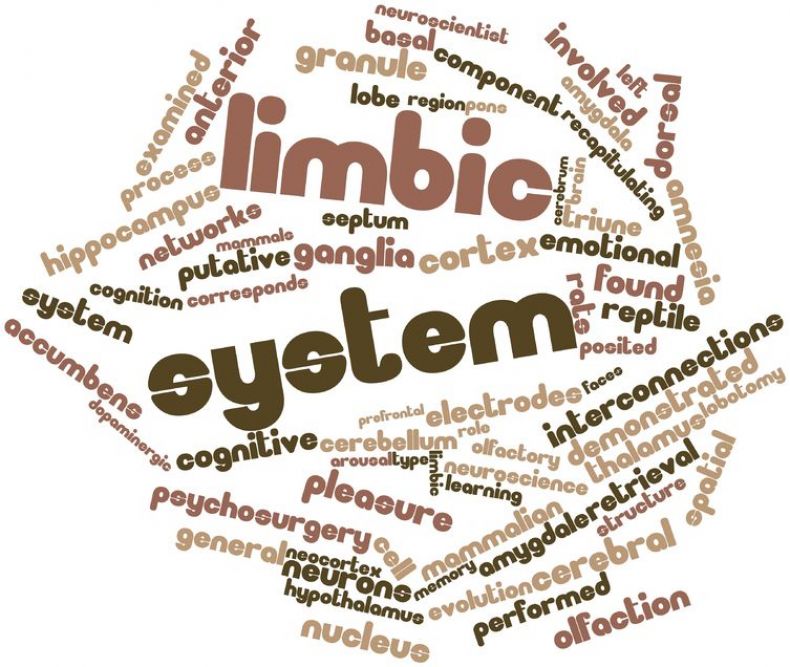What you can do

How you experience life boils down to the chemicals in your brain. Happiness, sadness, anger, anxiety – all can be traced to what’s going on inside your head. In the past decade we’ve come a long way in the science of happiness and have a pretty good idea of what happy looks like in your brain these days. Rather than being in the passenger’s seat of this process, science has proven, without a doubt, that you can take control of your brain and hack into your happy neurochemicals.
Happiness can be found in the seemingly insignificant, mundane things you do every day. These give your brain a boost of feel-good chemicals and keeps them flowing. Your brain is a positive feedback system, meaning that being happy often leads to more happiness. Usually all it takes is a small attitude adjustment to keep your brain feeling good or start it on an upward cycle.
What works for one person may not do anything for another, but there are many little things you can try today to give your brain a more positive slant. So whether you’re depressed, feeling anxious, or have found yourself in one of those crisis freak-out moments, there are simple steps – backed by neuroscience – that you can take right now to start your brain on a more positive path.
1. Give or get a hug
A long hug releases the neurotransmitter oxytocin, the bonding hormone, which calms down your amygdala, the fear alarm, and just makes you feel warm and fuzzy.
2. Get out in the sun
Bright sunlight helps boost the production of serotonin in your brain. Make an effort to get outside on your lunch hour, go for a walk on a sunny day, or take a break and step outside to soak in the sun. Sunlight also improves the release of melatonin, which helps you sleep better at night.
3. Put your feelings on paper
Studies have shown that linguistic processing of emotions produces less amygdala activity, helping you to feel less distressed. A calmer amygdala means a happier, less anxious you.
4. Remember some happy memories
Just thinking about happy times boosts serotonin levels in your brain,according to research. Serotonin is necessary for the highest functioning of your prefrontal cortex, the executive, which controls self-reflection and your emotions, helping it to override old knee-jerk patterns. Try visualizing a joyful time in detail or even better, write it down.
5. Splash cold water on your face
Seriously. Find a sink, fill your hands with cold water, and rinse your face. Doing this will slow down your heart rate by indirectly stimulating your vagus nerve, which regulates a variety of vital bodily functions including your heartbeat and the muscles used to breathe. The vagus nerve also controls the chemical levels in your digestive system, which greatly affect mood and health.
6. Smile
It’s a simple thing to do and really does improve your mood. Most people think we smile because we feel happy, but it works the other way too. You can feel happier if you smile. Your face doesn’t just display emotion – it also creates it. Your face isn’t simply a billboard for your internal feelings, it’s an equal partner in the emotional process.
7. Laugh
Laughing works for the same reasons smiling does. You may feel silly, but opening your mouth and letting out a chuckle or thinking of something funny to make you giggle can make you feel happier. There’s not much difference in your brain between fake and genuine laughter and before you know it, provoked laughing can often lead to the real thing.
8. Be around other people
If you start to feel your mood slipping go somewhere around other people, like a coffee shop, book store, or break room. You don’t even have to interact with them, just being in the same physical space does the trick. Chatting or chilling with a friend is even more beneficial. If you don’t feel like talking, try doing an activity with a friend where you won’t feel forced to talk. Social interaction causes your brain to secrete oxytocin that supports the serotonin system, giving you get the benefits of both feel good chemicals.
9. Spend time with a pet
Just stroking your pet or even someone else’s can increase the oxytocin, endorphins, and dopamine in your brain. Several studies have shown that having a pet can reduce depression, encourage healthier habits, and increase feelings of connectedness. One Japanese study determined that playing with a dog with which you have a bond increases oxytocin levels.
10. Diaphragm Breathing
Taking long, deep breaths into your tummy slows your heart rate and activates the calm, parasympathetic nervous system. Place your hand on your diaphragm, the center of your stomach a couple of inches below your lungs, and take slow, full breaths. Count to six and make your hand move in and out with each inhale and exhale. After you get the hang of it, you can practice diaphramatic breathing anywhere without using your hand.
11. Boost Your Gut Bacteria
Science is uncovering more and more evidence that the bacteria in your gut exerts influence on your brain. Probiotics and prebiotics are showing the potential to help lessen anxiety and depression.
While no one is happy all the time, staying consistently positive begins in your brain with simple changes in thoughts, behaviours, and emotions. Small steps can help nudge or keep your brain in a more upbeat cycle and literally start bettering your life immediately.
Source: Debbie Hampton, Lifehack Expert